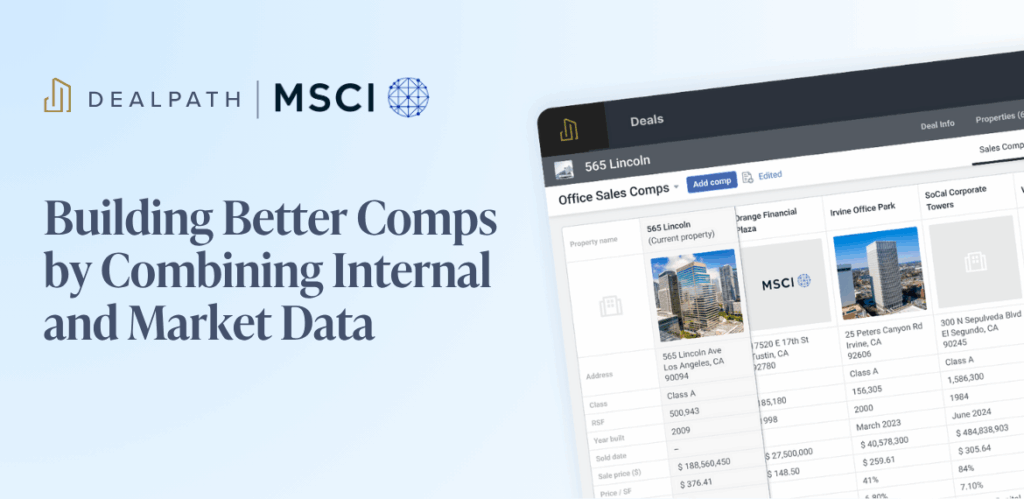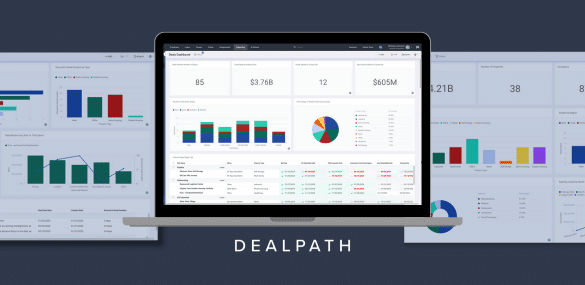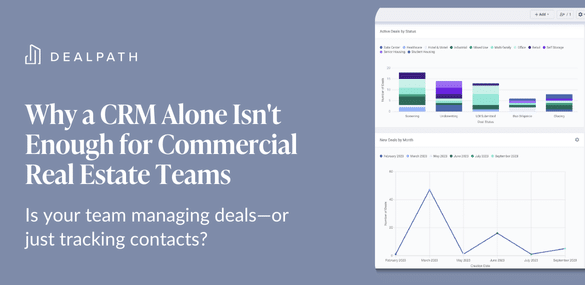For firms looking to operate more efficiently, analytically and scalably, purpose-built commercial real estate software is unlocking new, often uncharted value. The right software will empower your firm to operate more systematically, eliminating bottlenecks and operational challenges. Alongside platform capabilities, reputable customers, security, net promoter score, cost and other considerations about new software, the software company’s implementation process must be a primary component of the evaluation criteria. As you review CRE software options and their corresponding implementation plans, these are the five factors that you must consider.
The Importance of a CRE Software Implementation
Implemented properly, CRE software can offer tremendous, untapped value across analytics, workflows, reporting, and other parts of the business. However, an unsuccessful implementation can be just as dangerous as maintaining dated processes–if not more. During your evaluation, be sure to inquire about the implementation process’ strategies, scope, personnel, steps, and more to confirm that the company is equipped to servicing your needs.
CRE Software Implementations: 5 Factors You Must Look For
1. Early Alignment on Goals, Processes and Desired Outcomes (Prior to Initiating Software Implementation)
As you consider new proptech software to accomplish goals, you shouldn’t need to make fundamental changes to your processes. Even with a straightforward use case, chances are that you have unique ideas about how the platform can drive those goals. Before beginning the commercial real estate software implementation process, the vendor should offer an opportunity to touch base about how you intend to use it, as well as any other specific points that could influence the configuration.
Aligning early on ensures that the implementation team has the details they need to configure the platform properly, preventing confusion or misaligned expectations down the road. Establishing these expectations will also give your firm the confidence it needs to know that the end product will help you accomplish real business goals, rather than collecting another shiny object.
In the same vein, the kickoff should give your firm an opportunity to provide details about existing processes. Remember: the goal of a CRE software implementation is not to alter your processes, but augment them. If the software company doesn’t request specific details, it could be a red flag that the platform is not bespoke.
2. Dedicated Implementation Team
To achieve the right outcomes, the CRE software implementation checklist must include extensive communication and iteration. For this reason, the vendor should always put your firm in contact with a dedicated team. Conferring with multiple points of contact can result in confusion, which is why a dedicated implementation manager must oversee the process.
Often, these teams also include other personnel, who may assist in the configuration. Dealpath’s implementation team includes a dedicated implementation manager, who takes the lead, an implementation analyst, who works behind the scenes to help configure the platform, and a customer success manager, who will become your main point of contact post-implementation for ongoing support.
3. Feedback-Driven CRE Software Implementation Process
Once your particular instance begins to take form, your firm will inevitably have feedback about how the configuration can be modified to best suit its needs. There should be opportunities for you to interface with the implementation team as the CRE software implementation process progresses and provide ongoing input. Valuable feedback about how the software’s configuration aligns with existing processes can dramatically improve adoption, as unfamiliar and unintuitive workflows can become a frustrating challenge that reduces platform usage and limits organizational benefits.
4. A Clear, Achievable, and Deadline-Driven Timeline
CRE software implementations shouldn’t drag on forever, especially when your firm is mobilizing to accomplish timely outcomes. Before signing the dotted line, be sure to inquire about the implementation timeline. While some variables are inevitable, the software implementation company should be able to provide a clear schedule that outlines when specific steps in the configuration process will take place. Otherwise, your firm may end up in an ongoing implementation without a clear end date–holding you back from meeting critical objectives.
5. Guided, Org-Wide Training Sessions for Leadership and Users
Configuration is only the first step of implementing CRE software–the next step is driving platform adoption through guided onboarding and training sessions. While champions and power users can promote best practices, the software company should also deliver a guided training session about how your firm’s particular instance works. Remember, your firm can only gain value from proptech when your team is using it. By launching the software with a guided training session, your firm can ensure that the team is properly trained on how a platform works, especially when complemented by firm-led trainings about internal processes and workflows.
Learn More About Dealpath’s Goal-Oriented Implementation and Configuration
As the leading purpose-built commercial real estate deal management platform, Dealpath empowers firms of all sizes to streamline acquisitions, lending, development and dispositions workflows. Leveraging robust, data-driven analytics, firms can make faster, more efficient decisions to invest at scale, while saving time building efficiencies.
Download the Dealpath implementation guide to learn more about how Dealpath’s timely, goal-oriented implementation process can help your firm accomplish deadline-driven goals.
Download Now


